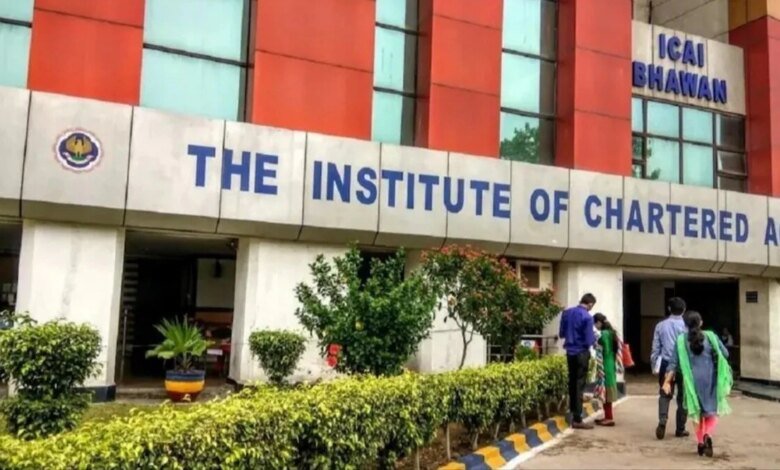Scaling up Indian CA firms: ICAI issues exposure draft on Code of Ethics

In a move aimed at supporting the government’s vision of creating a domestic Big Four-type firm, the Institute of Chartered Accountants of India (ICAI) has proposed significant changes in its code of ethics, including new standards for advertising and fees as well as revisions in the definition of public interest entities.
ICAI has issued an exposure draft on its Code of Ethics and requested comments by 26 November. “…The 12th edition of the ICAI Code of Ethics has been issued with effect from 1 July 2020. Due to the changes that have taken place thereafter, revisions have been proposed in the Code of Ethics,” he said.
One of the key changes proposed by the draft is to enable practicing chartered accountants to form partnerships with other professionals under insolvency professional entities (IPEs) and resolution vehicle entities (RVEs).
It also proposed a change in the definition of public interest entity (PIE) to include an entity whose primary function is to receive deposits from the public. It has proposed the inclusion of new independence provisions, such as not accepting audit work for public interest entities (PIEs), such as listed companies, where auditors have provided non-audit services for the same company. The move is expected to come after the National Financial Reporting Authority (NFRA) pointed out problems with the independence of auditors in several annual inspection reports of major audit firms. On the fees front, ICAI has increased the reporting threshold to 20% for PIEs.
ICAI also proposed changes to the Council’s 2008 Advertising Guidelines to make them more contemporary, including the inclusion of ‘contemporary form’ and ‘evidence’ in the definition of ‘writing’, removing the maximum font size and the requirement to quote the membership number/FRN. At present, ICAI stipulates that the font size should not exceed 14 for writing operations.
It also suggested amendments to the website guidelines to keep it in line with the current times and to make the same applicable to recognized local networks as well
At present, Indian CA companies have limited global visibility, lack corporate branding and cannot have their own logos for personal branding, which is seen as putting them at a disadvantage compared to international companies.
ICAI also proposed that amendments to the practice guidelines in company form should include services such as forensic accounting, administrative services, regulator-recognised research analysis, social impact assessment and assessment, corporate social responsibility impact, business responsibility and sustainability reporting, artificial intelligence and permitting website development, subject to the required amendments.
It also proposed a new chapter on ethical standards for sustainability assurance, setting out requirements for sustainability assurance service providers while providing for sustainability assurance engagement.
Experts noted that the proposed amendments are much needed and relevant to the current day scenario. Pratik Agarwal, partner at Nangia & Co LLP, said the changes are in line with the government’s broader vision to create large audit and advisory firms outside India. “These amendments will also help in the formation of multi-disciplinary partnership firms that can provide unregulated and regulated services such as auditing, secretarial and legal under a single company. Some of the changes especially around ensuring sustainability proposed in the new draft also converge with the international code of ethics that has already been introduced,” he said, adding that the amendments are relevant and well-intentioned although there is still a lot to be done to take the profession to the next level.
They need support in five key areas, said Charanjot Singh Nanda, president of the Institute of Chartered Accountants of India.
“Regulatory benefits such as allowing local CA companies to advertise, technology, financing to expand, mindset change, training and capacity building are essential to help Indian companies expand,” he said on Sunday.
In a recent interaction, IICA President Charanjot Singh Nanda said that Indian CA companies need support in five key areas to become a global entity. “Regulatory benefits such as allowing local CA companies to advertise, technology and finance to expand, change in mindset, training and capacity building are essential to help Indian companies expand,” he said.
Don’t miss more hot News like this! Click here to discover the latest in Business news!
2025-10-29 12:32:00




